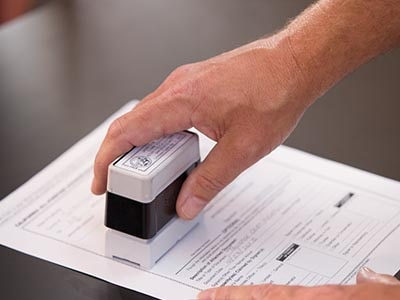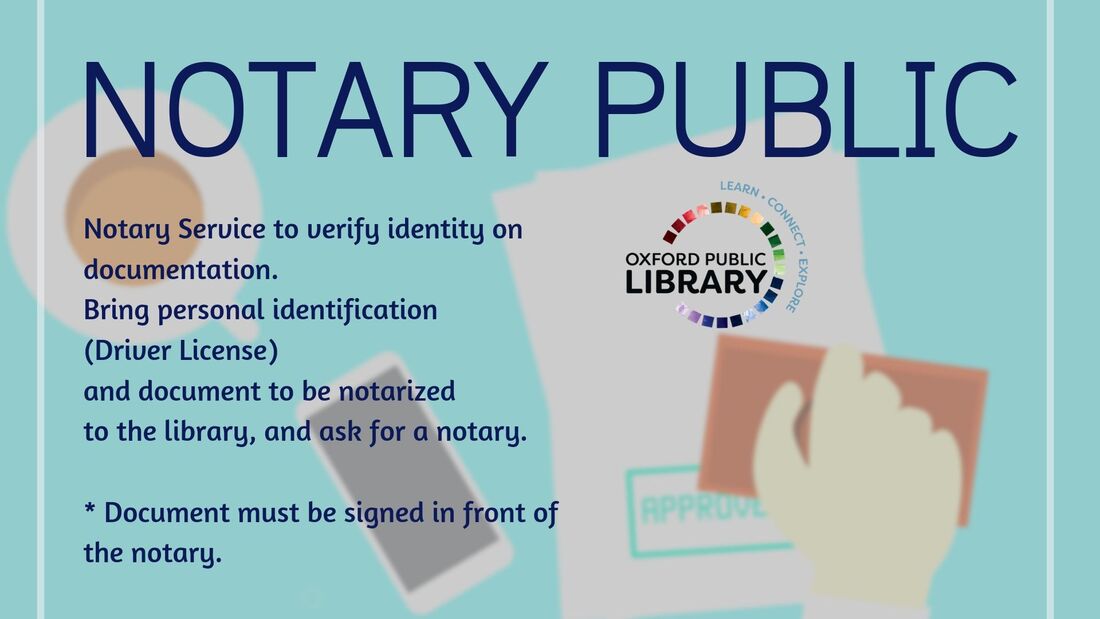Browsing DIRCO Requirements: Compliance and Diplomatic Relations
Browsing DIRCO Requirements: Compliance and Diplomatic Relations
Blog Article
Demystifying Notarial Job: Simplifying the Duty and Significance of Notaries
In the detailed internet of lawful documents and verification, notaries stand as columns of guarantee and authenticity. Their function, usually shrouded in secret for several, brings significant weight in guaranteeing the legitimacy and integrity of critical papers. As guardians of legitimacy and truth, notaries play a critical part in our society, yet their job is not constantly totally understood. By unraveling the complexities surrounding notarial methods and shedding light on the significance of their acts, a clearer understanding emerges of the crucial duty notaries play in upholding the fabric of contractual and legal agreements.
The History of Notarial Job
The background of notarial job days back to ancient civilizations, where scribes played a crucial function in taping important details and validating records. This led to the advancement of notaries, people assigned by the state to act as objective witnesses in lawful matters.
During the Middle Ages, notaries obtained prominence in Europe, with their functions expanding to include composing legal documents, certifying trademarks, and preserving documents. The surge of international trade better emphasized the relevance of notarial operate in verifying agreements and arrangements across borders.
In the modern-day era, notaries remain to play a vital role in lawful and organization purchases by validating identifications, confirming the credibility of files, and protecting against fraud. Their function in certifying the validity of agreements adds a layer of safety and security and depend on to the ever-evolving landscape of business and regulation.

Duties and Duties of Notaries
The historical advancement of notarial job from ancient human beings to the modern-day era has actually formed the distinctive duties and responsibilities that notaries promote in legal and service deals today. Notaries play a crucial function in verifying the credibility of records and the identification of signatories. One of their primary duties is to witness the signing of crucial files, such as agreements, wills, and acts, to guarantee that all celebrations are entering right into agreements purposefully and willingly. Notaries likewise verify that signatures are of sound mind and not under pressure or browbeating.
They certify copies of initial documents, providing guarantee to establishments that the copies are real reproductions of the originals. In general, the obligations and duties of notaries are essential in securing the integrity and legality of various documents and deals - Notary.
Notarial Certificates and Signatures
Exhibiting precise attention to detail, notarial certifications and trademarks work as crucial elements in validating the authenticity of legal papers. Notarial certifications commonly include critical info such as the date of notarization, the names of the signatures, a description of the paper, and the notary's official seal. These certificates offer a clear record of the notarial act, making sure that the paper can be conveniently recognized and mapped back to the notary who supervised the procedure.
Signatures play an essential duty in notarial job, as they symbolize the contract and authorization of the celebrations included. Notaries carefully witness the signing of files to confirm the identity of the notaries and validate that important source they are signing of their very own free choice. By attaching their official seal and signature to the file, notaries accredit that the required procedures have actually been adhered to and that the document is valid and enforceable.
Essentially, notarial certifications and signatures are the characteristic of credibility in legal deals, supplying assurance to all celebrations entailed that the records are legit and binding.
Importance of Notarial Acts

Registration Refine Explained
Discussing the registration procedure gives clarity on the essential actions associated with confirming legal documents. The registration process generally begins with the private providing the paper to a notary public. The notary then confirms the signer's identification with appropriate identification techniques. As soon as the identity is verified, the notary ensures that the specific signing the document does so voluntarily and with no coercion.

Verdict

Notarial certificates normally consist of important information such as the day of notarization, the names of the signatories, a summary of the file, and the notary's official seal. These certifications give a clear record of the notarial act, guaranteeing that the paper can be easily identified and mapped back to the notary that oversaw the process.
By attaching their official seal and trademark to the file, notaries accredit that the essential procedures have actually been adhered to and that the document is valid and enforceable.
By verifying the identity of the signatories, confirming their desire to get in into the agreement, and certifying the date and location of the finalizing, notaries play an Full Report important function in promoting the validity of lawful records.After the record is authorized, the notary will attach their main seal or stamp onto the file.
Report this page